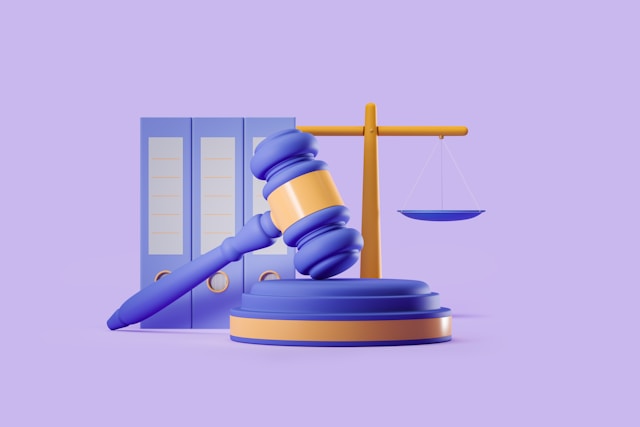For property owners, the decision to manage their own real estate can be both empowering and challenging. While self-management offers a hands-on approach and potential cost savings, it also comes with its own set of responsibilities and risks.
In this blog, we’ll explore the pros and cons of managing your property on your own, helping you weigh the considerations and make an informed decision.
Pros of Managing Your Property on Your Own
Cost Savings:
One of the most significant advantages of self-management is the potential for cost savings. By eliminating property management fees, landlords can retain a larger portion of their rental income.
Direct Control:
Managing your own property provides direct control over decision-making. From tenant selection to property maintenance schedules, you have the final say in all aspects of property management.
Personalized Attention:
Self-managing allows you to provide personalized attention to your property and tenants. You can build relationships with tenants, address their concerns promptly, and create a more hands-on and attentive property management experience.
Flexibility:
With no third-party property manager involved, you have the flexibility to adapt and make quick decisions based on changing circumstances. This agility can be advantageous in a dynamic real estate market.
In-Depth Knowledge:
Self-management allows you to develop an in-depth understanding of your property, its unique features, and the local real estate market. This knowledge can contribute to more informed decision-making.
Cons of Managing Your Property on Your Own
Time-Consuming:
Property management requires a significant time investment. Handling tenant inquiries, conducting property inspections, and addressing maintenance issues can be time-consuming, especially for landlords with multiple properties or other full-time commitments.
Legal and Regulatory Challenges:
Navigating local landlord-tenant laws, fair housing regulations, and other legal requirements can be complex. Lack of expertise or understanding may lead to legal issues and potential liabilities.
Emergency Response:
Managing emergencies, such as sudden repairs or tenant issues, can be challenging without a professional property management team. Dealing with urgent matters can be stressful and may require immediate attention.
Limited Resources:
Self-managing may limit access to resources and industry connections that professional property management companies possess. This could affect the speed and efficiency of finding reliable contractors, vendors, and service providers.
Risk of Burnout:
Juggling the various responsibilities of property management, especially for multiple properties, may lead to burnout. The constant demands on time and energy can become overwhelming.
Tenant Relations:
Handling tenant relations, including rent collection and dispute resolution, can be emotionally challenging. A third-party property manager can act as a buffer in these situations, maintaining a more professional and less emotionally charged relationship.
Choosing to manage your own property is a decision that requires careful consideration of your time, expertise, and personal preferences. While the potential cost savings and direct control can be appealing, the time-consuming nature and potential challenges may outweigh the benefits for some property owners. Assessing your own capabilities, available resources, and willingness to handle the intricacies of property management will help you make an informed choice that aligns with your goals and priorities.





